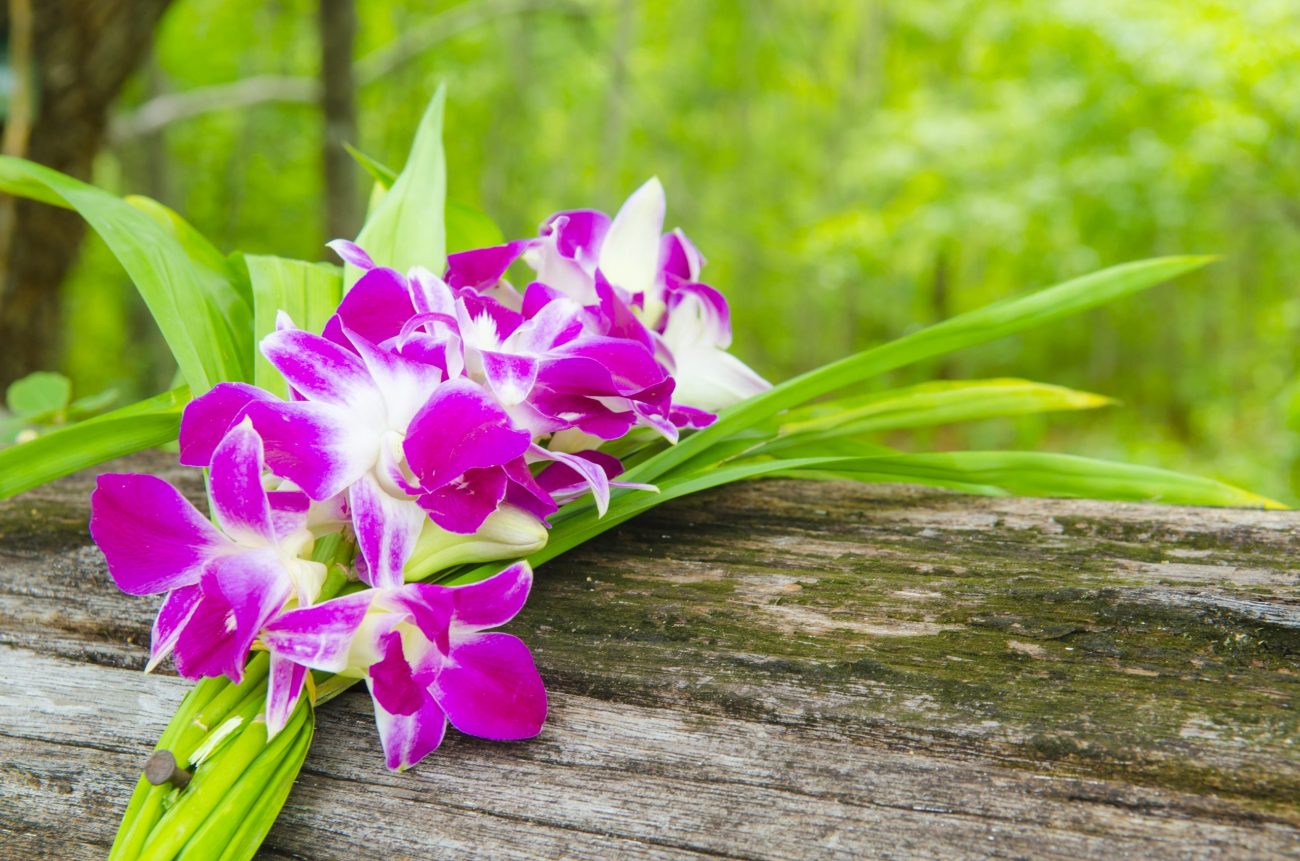Different Funeral Services
You probably don’t sit around and think about your eventual funeral and ‘what options do I have for a funeral service’ if you’re like most people. However, when I first started working at Robson & Stephens Funeral service, I really didn’t have a clue on how many different types of funerals were existing, anything is possible 😊 If I had only known this before I had to sadly organise my parent’s funerals service 15 years ago, I would have definitely done things so very different.

My Story
My parents were Farmers and loved their life on the farm and being outdoors. The farm and animals made them both so happy, they were hippest at home in the garden and with their loving family.
If only I knew what I know now, also if I had been brave enough to ask questions or had the right guidance, I would have absolutely held the funerals service in the garden of their lovely home and had a tractor and trailer to take them to their final resting place. 😊 That would have made them smile. Holding the service in the garden would have been the best send-off I could ever had given them. I just didn’t know this was possible, now I know you can hold a funeral service wherever you like, you just need to ask the question.
A funeral service should be about the person you have lost not about what makes everyone else happy. You should never be too scared to ask, there are no silly questions or ideas when it comes to celebrating the life of your loved one.
Arranging a funeral is a very emotional time, bringing some joy and celebrating the wishes of your loved one to this unsettling experience is important. From traditional funeral services established by faith through direct cremation, or memorial ceremony, or even no funeral at all, the options are many.
What you should remember, a funeral is a way to acknowledge, celebrate and honour the life of a loved one and allow family and friends to say a final goodbye. Anything is possible 😊 Just ask.
In this blog, I hope to shed some light on the most common types of funeral services and help you to feel empowered to have the funerals service you want, like I said anything is possible, all you must do is ask. I will list and define each ceremony, and also add some detail on what to expect at each of them.

Traditional Funeral service.
The traditional funeral service is still the most common type of funeral ceremony held in many parts of the country. The traditional funeral has two functions; to acknowledge the life and death of the person and to bring grieving family and friends together to say goodbye. At a traditional funeral service, the casket is usually present in a church. Friends and family may sing or play songs in memory of the deceased, and someone may also deliver a eulogy. Traditional funerals are often religious in nature, so a Priest will most likely give a sermon.
A hearse will transport to the cemetery for burial immediately following the traditional funeral. There may or may not be a short graveside (or “committal”) service, at which the casket is buried or the urn interned. There can also be a gathering after the service – typically referred to as a wake – to share memories about the recently departed.
Direct Burial (Committal Service)
A Direct Burial is a funeral service that occurs at the cemetery, where family and friends pay their final respects before the casket is lowered into the ground for burial.
Because loved ones are committing the deceased back to the earth, this intimate service is also called a committal service. A graveside service often follows a traditional funeral, but sometimes may be the only service a family chooses. Often a priest will speak a few words of comfort (think “ashes to ashes and dust to dust”) or the funeral director may share a few remarks at the wishes of the family, but otherwise, this service is usually fairly short and simple.
Sometimes a family desires to bury their loved one but doesn’t want to plan a funeral or other formal ceremony. In this case, they may choose a direct burial option. With direct burial, there is no visitation, funeral, or even graveside service. Some families will choose this type of funeral with plans for a memorial service at a later date.
Direct burials are a more affordable option for the family that will not be having a formal funeral but still wishes to have their loved one interred in a cemetery. Often, direct burial happens when the family does not live near the decedent.
Memorial Service
The memorial service is one of the most common types of funeral services at the moment due to the current circumstances. It is very similar to a traditional funeral, with the exception being that the body or cremated remains are not present.
The beauty of memorial services is that they do not have to occur within a certain time frame following a death. They can occur a day after interment or inurnment, a year later, or whenever. The deceased casket is not at the centre of this service, only the precious memory of the deceased.
Cremation
Over the last 50 years, this has become the most popular type of funeral – accounting for around 70 per cent of all ceremonies every year. Typically, the service takes place in a crematorium chapel, but it can also happen after a church service, depending on the wishes of the deceased. The service can be very much like the traditions service, with hymns, readings, eulogy and poems.
Once the body has been cremated, loved ones are usually given the ashes in an urn, which can then be kept or scattered in a place that has meaning for the family.
Direct Cremation
Similar to direct burial, direct cremation is a stand-alone event. It is simply a cremation; there is no formal visitation or funeral ceremony before the cremation. The funeral directors or returns the urn to the family, who may or may not choose to have a memorial service later on down the road.
This type of cremation is good for those who don’t want the fuss, or are looking for a more cost-effective funeral
Humanist/Celebrant funeral
A humanist or celebrant funeral is a non-religious service that celebrates the life and achievements of the deceased, while giving them a dignified farewell. The service usually involves carefully selected readings and pieces of music, as well as a tribute given by someone close to the deceased.
They can be held at crematoria, cemeteries, the home or woodland burial sites – depending on the deceased’s wishes

Religious funerals
If you have followed a religion throughout your life, then you may wish to reflect this in your funeral by having a service that follows your beliefs and values. Each religion has a specific set of traditions, including what happens in the service, how the body is treated after death and what happens to the remains.
There are several different kinds you can have, so here is a brief overview of the most popular ones in the UK:
- Christian
- Hindu
- Sikh
- Buddhist
- Islamic
Celebration of Life
A celebration of life is a unique ceremony on its own. While it can take the place of a traditional funeral service, it’s common for the celebration of life to occur days, weeks, or even years following the funeral. This means that the remains are often not present. However, this can vary depending on the family’s preference.
Celebrations of life are exactly that: celebrations! Personalisation is important in a celebration of life, and it is usually more joyful than somber. Depending on the region and culture of the family, a celebration of life may include food, dancing, and happy memories shared of the deceased.
Changes that can be made to a celebration of life are guests wearing bright colours rather than the traditional black, colourful coffins, and uplifting music – it’s even possible to have fireworks that hold the ashes of the person who has passed away. Like I said at the beginning of the Blog anything is possible.
Green and woodland funerals
This type of service is ideal for those looking to be buried in a naturally beautiful setting, which can provide loved ones with a place to visit when they want to remember you.
In this instance, there are usually no religious or spiritual attachments to the funeral and the body is placed in a biodegradable container, such as a cardboard or wicker coffin. The graves can then be marked with something like a memorial tree or a bronze plaque, preserving the natural wonder of the surroundings.
Burial at sea
Currently, there are only a handful of burials at sea performed every year from three designated sites in England. It is available to anyone, but is usually taken up by former Naval personnel to acknowledge their commitment to the sea.
A boat will take the coffin, as well as family and friends, before the deceased is laid to rest on the bottom of the sea floor. A licence is needed for a burial at sea, but you can scatter ashes at sea without a licence.
Scattering Ceremony
A scattering ceremony occurs when a family chooses to scatter the cremated remains of their loved one, rather than keep or bury them. Usually, the family scatters the ashes into the wind, at a location that was especially important to the deceased.
Scattering ceremonies can be simple or elaborate. The family may release the ashes silently and serenely into the ocean…or incorporate them into a spectacular firework display. The ceremony itself is usually similar to a graveside or committal service. It is an appropriate time to say a few words to honour the departed loved one. Consider reading a favourite quote or Scripture, saying a prayer, or singing a hymn.
Lots of decisions.
Even if you decide that you prefer traditional funerals or celebrations of life, would you rather be buried or cremated? If you choose to be buried, what type of casket do you want, and where would you like it placed? What do you want to be engraved on your headstone? If you choose to be cremated, do you want to have a scattering ceremony? If so, where? Besides these more significant decisions, you also need to make smaller decisions as well. Consider the music you would like to have played and the flowers you would choose for your display.
It’s really important to Share those plans with those closest to you. They may not want to talk about your funeral plans now, but they will appreciate it when the time comes to plan your services.


